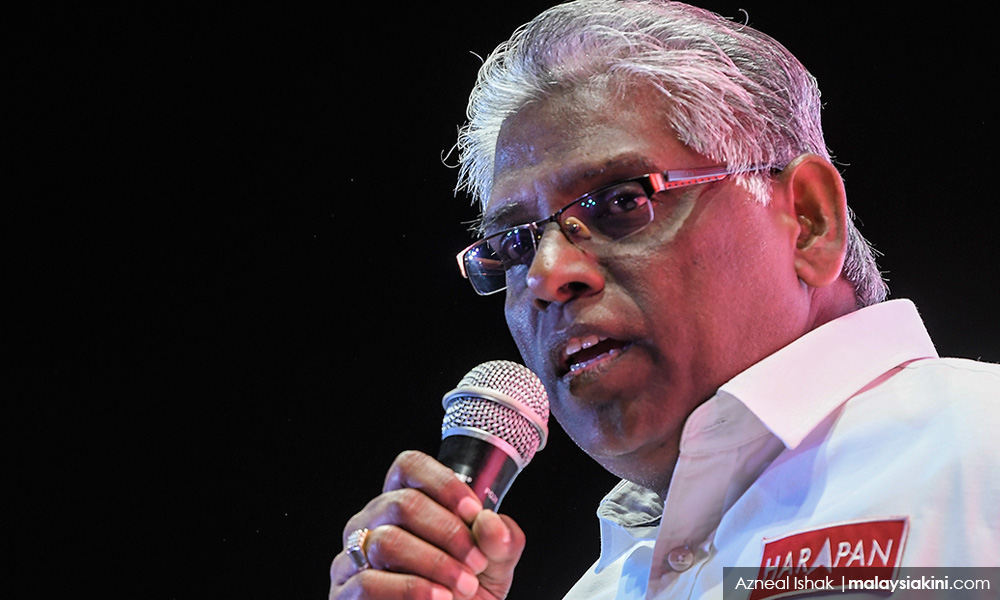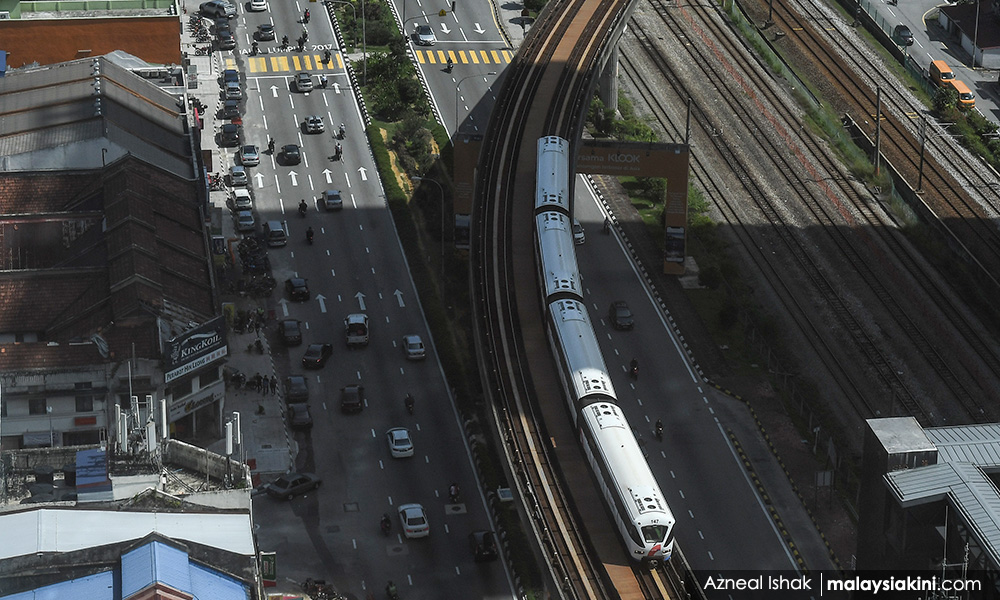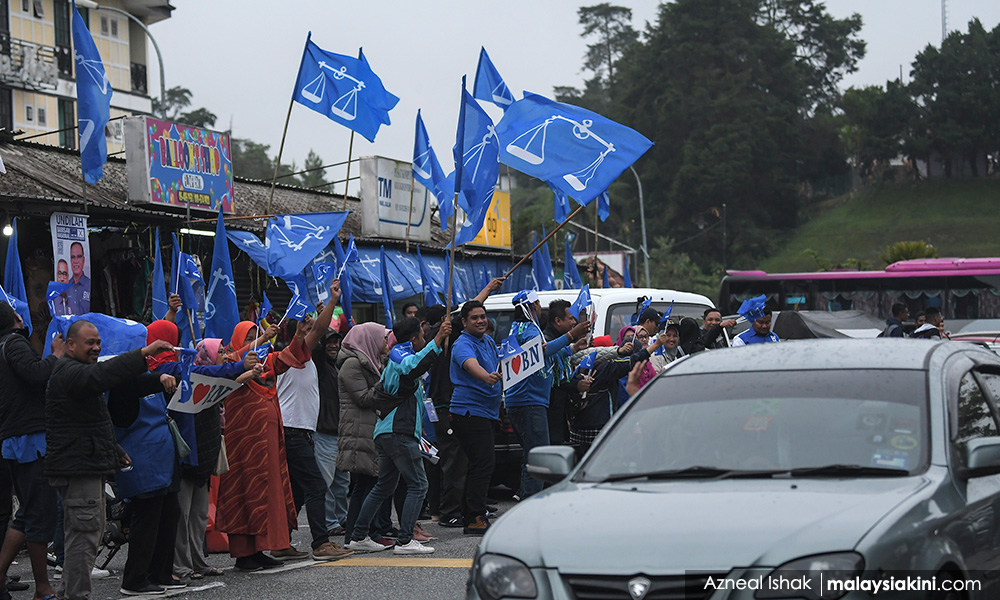
No one really expected Pakatan Harapan to win at Cameron Highlands. The demographic, weather, and altitude was unsuitable for Harapan.
The coalition was never good at battles outside the urban heartland; asking for a win at Cameron Highlands was like asking Napoleon to win in Russian winter.
What we didn’t expect, however, was the loss of epic proportions.
Barisan Nasional not only expanded its wining majority from 597 votes to 3,238 votes, but they had increased their total vote share from 32.2 percent to 56.2 percent. Harapan’s total vote share increased from 30.3 percent to 41.1 percent. This shows that PAS voters may be more likely to vote for BN than Harapan.
Apart from these numbers, this loss was epic because, compared to GE14, Harapan entered this battle as the governing coalition.
In battlefield terms, Harapan was not able to fully capitalise on its more advantageous position and lost to an underdog that was subjected to consistent ridicule and taunt over the past eight months.
In governing terms, this may be taken as a clear and loud rejection and regret for the Harapan government.
Why did Harapan lose in Cameron Highlands? Two primary reasons contributed to this epic loss. One is the weakness on the top; two is the weakness on the ground.
Economy, economy, economy
Weakness on the top refers to one thing and one thing only: economy, economy, economy. The Harapan coalition won government on the back of a poor and dismal economy, and the bad economy will now be its Achilles' heel.
Every newspaper tells us that economic pessimism prevails at every level.
At the lowest level, the common grouse is all too apparent. Take any taxi, talk to any small-time trader, or listen to a fresh graduate and you will hear that their lives are worse off.
They had chosen Harapan in GE14 to correct the economy so that they could put food on the table but they have since not seen their economic lives improving after eight months; in many cases, it has gotten worse.
At the middle level, important industries like the construction and property market has seen one of its softest periods in five years.

The Master Builders Association Malaysia president said that the construction industry has been disturbed with severe cashflow problems because payment has not been made for projects like the LRT2. The domino effect that follows is that they would have to absorb cost and incur debts by taking loans from banks, and dipping their financial positions into the red.
At the highest level, there is still no clear economic plan besides telling the public to sacrifice for the “RM1 trillion” debt and blaming the past regime for nearly everything.
There is no overall economic blueprint to move forward, nor is there white paper on pressing issues like Felda, or plans to combat the palm oil ban and sluggish commodity prices.
Many local business tycoons are already parking their investments overseas and there seems to be an overall nonchalance about these worrying trends.
Today, ask any man on the street if they have any clue what the government wants to do about the economy and he will have no answer. Because the government has no answers.
If the common man is not given assurance, they will not spend. If they do not spend, businesses will not spend. If businesses and the government does not spend, then the economy is heading south.
A growing and equitable economy is the greatest equaliser to undercut the racial-religious rhetoric that has pervaded our lives. If the economic pie gets bigger, and everyone receives a fair share, then there is no reason for the people to use race and religion as a blaming tool.
However, the failure of the government to improve the economy—or at least, present a clear and viable economic plan—meant that race and religion aggravates in our psyche, leading many to believe that the Harapan government is bad for Malays and Islam.
Grassroots weakness
The second reason why Harapan suffered an epic loss in Cameron Highlands was because of the crippling weakness on the ground.
I argued in an earlier article that hearts and minds are won by micro-targeting campaign techniques on the ground; every electoral message must be tailor-made to suit individual tastes. Not mass campaigning on a single narrative, and certainly not deploying government resources and machinery to “show strength”.
Harapan has copied BN’s campaign method of using government resources, announcing development projects, and promising favours to voters should they win. But this did not work.
The reason why BN was able to use these methods successfully in the 1990s and 2000s was because the coalition was already a household name with a track record. They could point to every development in the country and call it their success.
It was a mistake for Harapan to think that they could do the same as they are still fresh and new with very little to show.
BN, in the early days of first and second prime ministers Tunku Abdul Rahman and Abdul Razak Hussein, campaigned on a very local level, with mass mobilisation to reach every corner of a constituency.

That is why, even today, Umno’s grassroots mobilisation in terms of network reach and operational speed remains one of the best in the country. To add to that, PAS’ experience in grassroots mobilisation is also profound, and this has assisted BN tremendously.
It should come as no surprise that Harapan lost at the grassroots. Harapan’s key strength against the BN mammoth before May 9 was its social media campaigning. Since the Harapan coalition assumed government, there is almost a total abandonment of its social media campaigning, aside from ridiculing the past regime and making witty one-liners. There is rarely any effective communication of government policies or a forward-looking vision.
It is as though the people would automatically have goodwill for the Harapan coalition simply because they are government.
If there is anything we have learnt from Cameron Highlands, it is that we could never take any voter for granted.
We should stop defending this government for blaming the past regime, we should stop defending this government simply because they are not as corrupt as former premier Najib Abdul Razak, we should stop defending this government for its inadequacies and tardiness.
The Harapan government should take the Cameron Highlands loss as a damning warning sign. What I fear most is that once voters swing to BN, they may never swing back.
JAMES CHAI works at a law firm. His voyage in life is made less lonely with a family of deep love, friends of good humour and teachers of selfless giving. This affirms his conviction in the common good of people: the better angels of our nature. E-mail him at jameschai.mpuk@gmail.com - Mkini


No comments:
Post a Comment
Note: Only a member of this blog may post a comment.